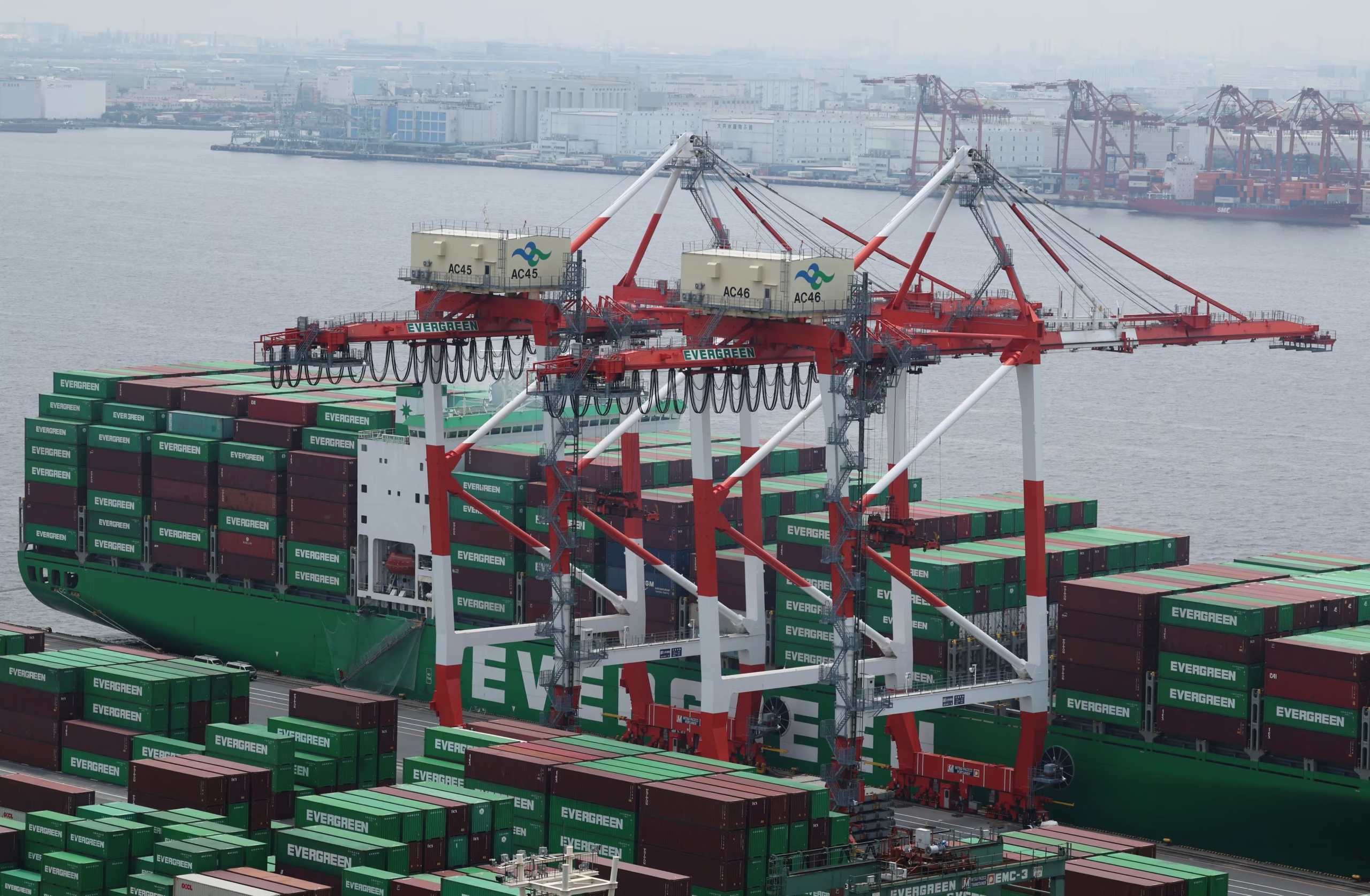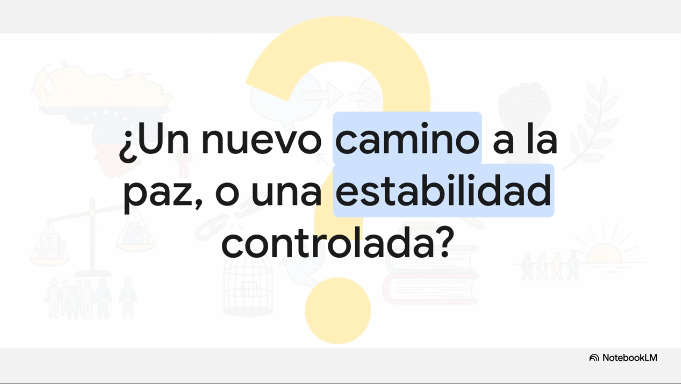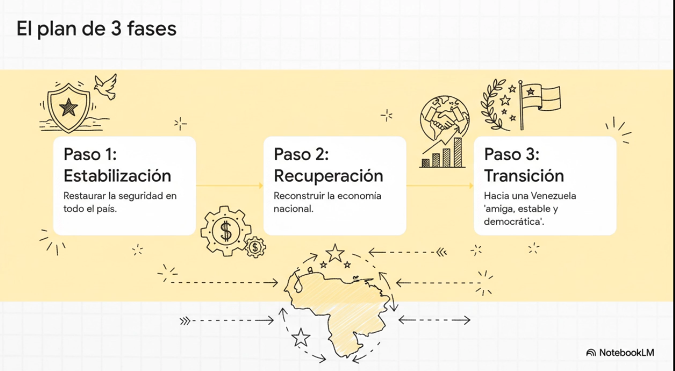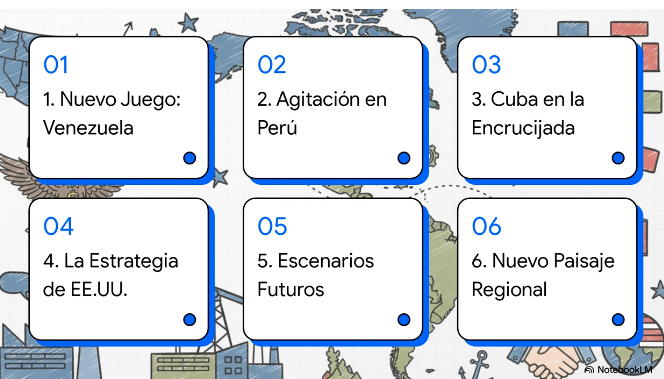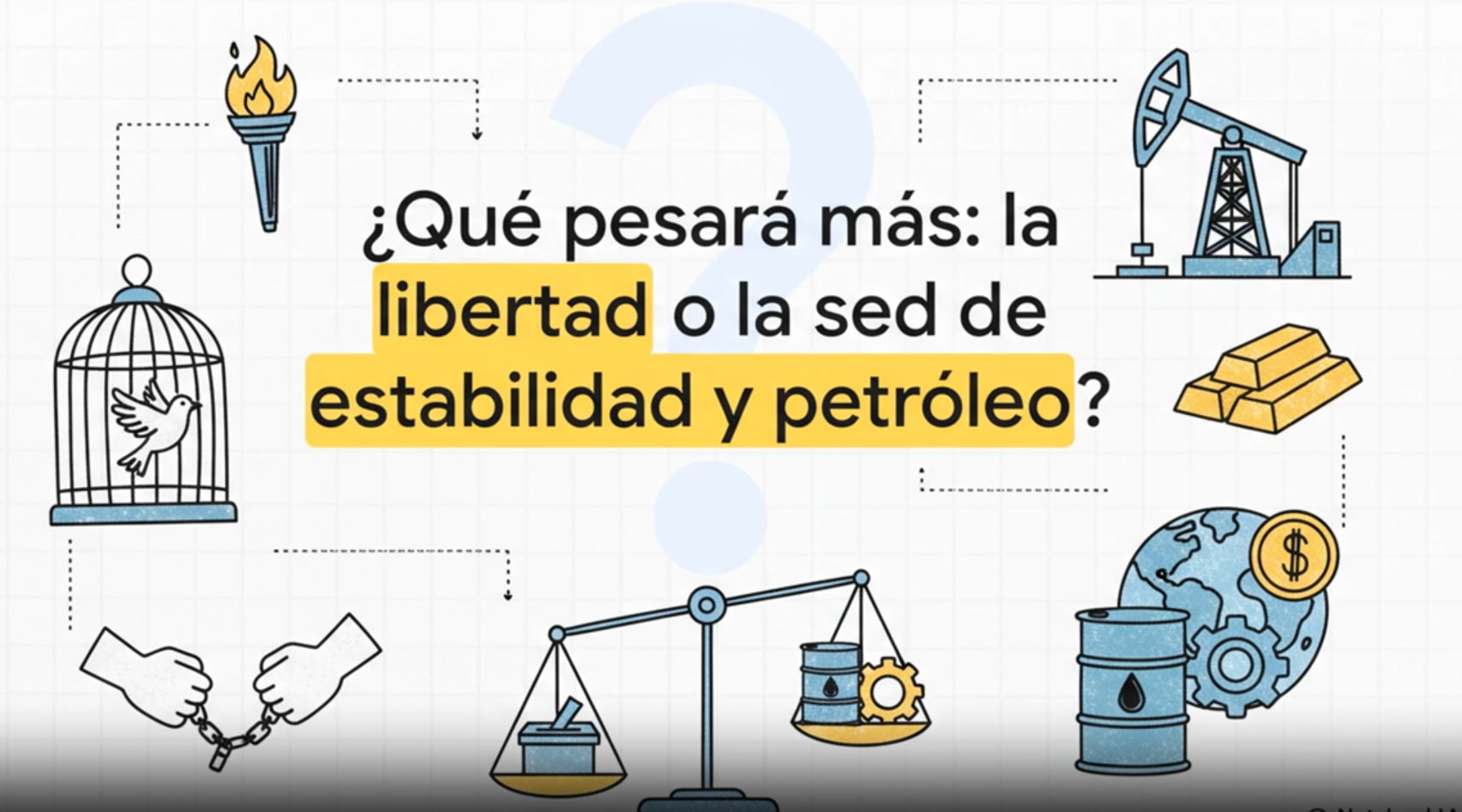Manage your social media: Make sure your profiles on platforms like Facebook, Twitter, LinkedIn, and others are updated and positive. Social media often provides a more positive and professional image.
In recent months, a concerning trend has emerged in the immigration offices of Spain and France: authorities are using Google's search engine to "investigate" Venezuelans attempting to enter these countries. This phenomenon has resulted in long lines at immigration offices, leaving many visa applicants and residents in uncomfortable, even dangerous, situations.
According to various media reports and testimonies from Venezuelan citizens, immigration authorities in these countries are reviewing the online digital footprint of applicants, with particular attention to news stories related to their names. Officials are asking detailed questions about the results of Google searches, often holding onto passports and requesting explanations regarding the relationship between the person and news found online, whether true or not.
This process, which many consider invasive, is creating an atmosphere of uncertainty as many people's online reputation is compromised. In some cases, Venezuelans find that due to legal backgrounds, political persecution, or even false accusations, their name is associated with information that could complicate their entry into other countries like Panama, Colombia, or simply during their transit to these destinations.
The Importance of Online Reputation
In the digital age, our online reputation has become one of the most valuable assets we have. Anyone with internet access, from a mobile phone, can conduct a search on our identity. However, there is a big difference between what we control and what we don’t.
On one hand, we can manage the content on our social media, videos, blogs, and even our presence on platforms like LinkedIn or YouTube. But on the other hand, there are external factors that are harder to handle, such as media reports, manipulated statements, or even defamatory content on blogs or websites with questionable reputations.
Around the world, businesses, institutions, and now governments are using the power of Google and other search engines to investigate individuals who wish to rent properties, do business, hire employees, or, in this case, authorize the entry of migrants into their countries. If the information that appears online is compromised, the effects can be devastating, not only in terms of migration but also in the everyday life of the affected individuals.
Venezuelans have been among the main victims of this phenomenon, as their names are often associated with political stories, protests, and complex situations related to the Venezuelan regime. However, there are also victims of false accusations who find themselves trapped in a web of misinformation, unable to do much about it.
Some of the most common situations reported include:
- Venezuelans politically persecuted whose image has been distorted by state-run media.
- People accused of minor crimes who have already served their sentences, but whose names continue to be linked to these incidents online.
- Citizens affected by false accusations of corruption, embezzlement, or doping, whose reputation is still harmed by the continuous exposure in search engines.
How to Handle a Damaged Online Reputation?
For those who have been harmed by erroneous or manipulated online information, solutions exist. Reputation management experts recommend taking immediate action, as cleaning a digital reputation can be a lengthy process that may take anywhere from six months to two years, depending on the severity of the damage.
In this regard, there are companies like Smart Reputation that have proven effective in resolving these issues. Smart Reputation offers a service that allows users to perform a free diagnosis of their online reputation through a mobile app available for both iPhone and Android devices.
This service not only helps identify what content is harming your image but also displaces it from the top search results on Google, ensuring that negative information does not continue damaging your chances of finding a job, renting properties, or even migrating.
Success Stories
Smart Reputation has worked with a wide variety of people whose cases are related to different aspects of online reputation:
- Venezuelans politically persecuted, whose names were erroneously associated with serious crimes.
- People accused of minor crimes in the past, whose reputation has been permanently affected, even though they have served their sentence or been acquitted.
- Athletes and public figures involved in scandals who want to rebuild their image but find that news about their case still circulates at the top of search results.
- Professionals from various fields, such as doctors and lawyers, who have been involved in defamation cases that were never proven.
Tips to Protect Your Online Reputation
-
Check your online presence: Perform periodic searches of your full name on Google to see what appears about you. This will help you identify if there is any negative content that could affect you.
-
Manage your social media: Make sure your profiles on platforms like Facebook, Twitter, LinkedIn, and others are updated and positive. Social media often provides a more positive and professional image.
-
Seek professional help: If you find that your online reputation is compromised and you don't know how to manage it, don't hesitate to contact reputation management experts. Professional solutions can help clean your digital image.
In an increasingly digitized world, prot
ecting our online reputation is crucial, especially when we are seeking migration opportunities or simply looking to advance in our personal and professional life. The migration authorities in Spain and France are not the only ones investigating applicants through Google, so it's vital to be aware of what is published about us on the web. If your name is compromised, now is the time to take action and protect your future.
More information:
Keywords: migration, online reputation, Spain, France, Venezuela, Google, immigration authorities, digital reputation, Smart Reputation, reputation cleaning.
Hernán Porras<br data-end=»175″ data-start=»172″ />
CEO WEB24 IT SERVICES LLC<br data-end=»203″ data-start=»200″ />
www.web24it.com
@hernanporrasm


